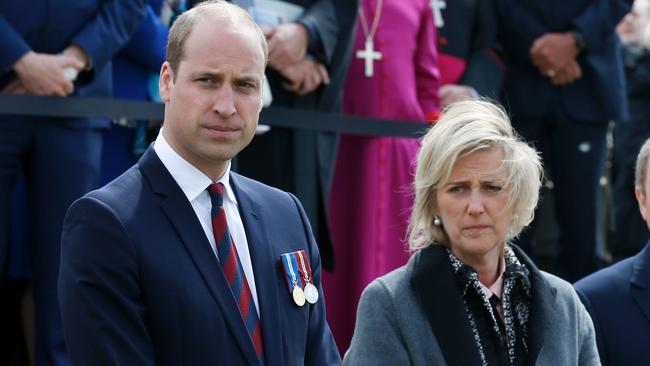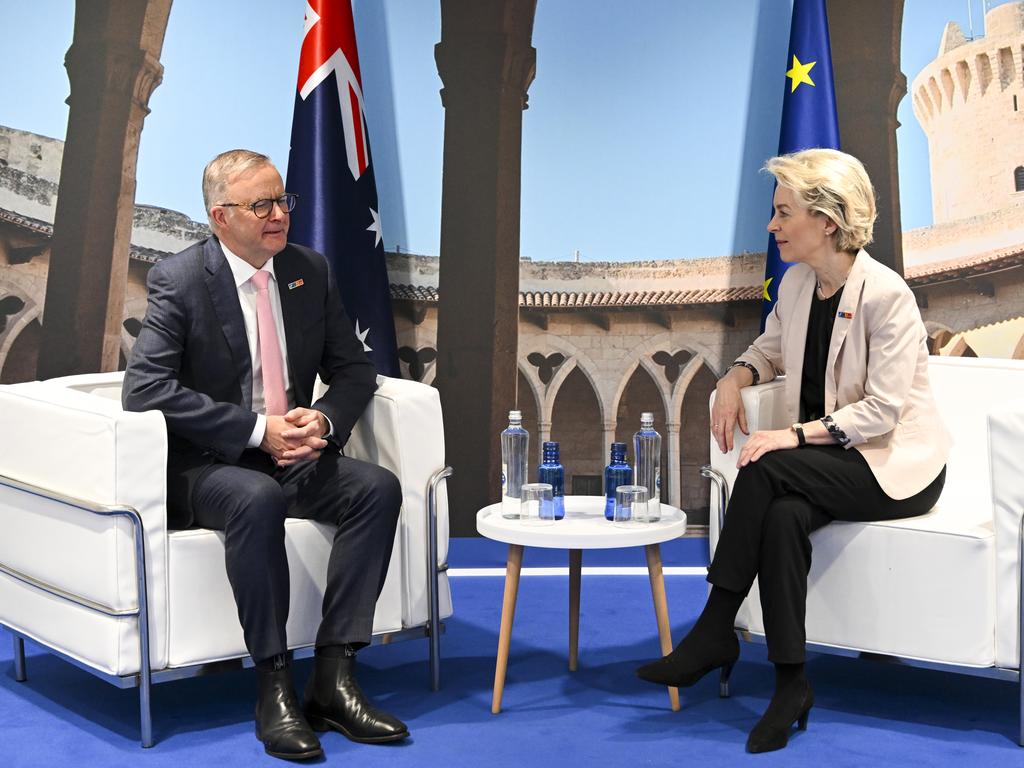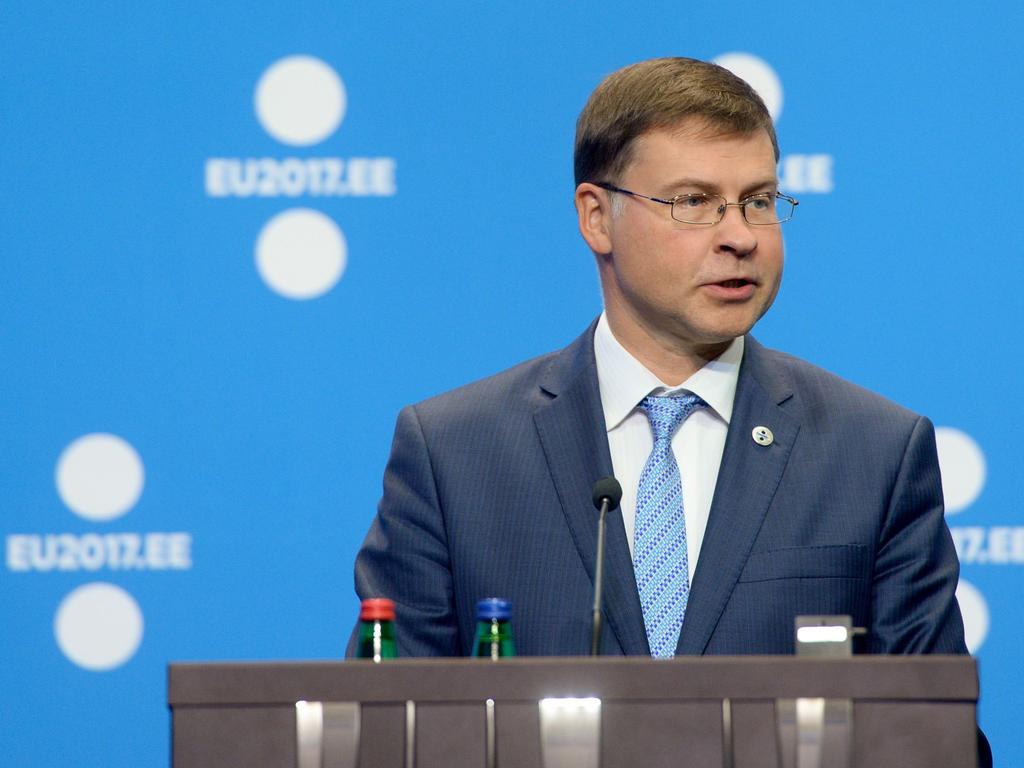Europe-Australia free-trade deal looms as Belgian business prepares to visit
Hundreds of businesses heads as well as Belgian royalty are due in Australia ahead of expectations a free-trade deal will be signed with the European Union.

A contingent of almost 300 delegates from Belgium are set to descend on Sydney and Melbourne in the coming weeks as expectations rise that Australia and the European Union will sign the long-awaited free-trade deal between the two sides before the end of the year.
Members of the Belgian Economic Mission said they anticipated the looming free-trade deal would open many doors for companies to invest in Australia.
Australia and the European Union have been in negotiations since July 2018 over a potential free-trade deal, with talks between the two sides going back years prior, but despite repeated rounds of meetings several issues have yet to be resolved.
Talks over feta cheese and several other European delicacies manufactured and sold in Australia under regional names have proven a key sticking point. But Belgian ambassador Michel Goffin said he was informed the free-trade deal would be signed before the end of the year, “maybe earlier”.
Mr Goffin added that although there had been “a bit of a delay”, the size of the upcoming Belgian trade mission to Australia marked the hopes over the future free-trade agreement.
Mr Goffin noted Australia was a key focus for many Belgian and European countries looking at the Pacific region, with several companies eager to invest in clean energy zones proposed for Victoria and NSW.
The trade delegation will include her royal highness Princess Astrid, alongside several members from high-profile Belgian companies, with plans to tout the opportunities for the two countries to invest.
The trade mission’s visit, the biggest to Australia from Belgium in 10 years, comes as Belgian companies look at taking stakes in major energy and hydrogen projects proposed for Australia.
European Australian Business Council chief executive Jason Collins said there was a heightened interest in concluding the free-trade talk before the end of the year. He noted Australia’s patchwork of free-trade deals provided several countries better access to local markets, but European exporters faced a “legacy” of tariffs that led to a “competitive disadvantage”.
“There’s a range of things that we want to try to achieve to ease the flow of business, whether that be on trade facilitation areas, standards, procedures, and so on, but also to get a closer convergence or harmonisation when it comes to regulatory issues,” Mr Collins said. “All agreements are extremely difficult to land, because there are difficult issues on both sides that really have to be compromised.”
But Mr Collins said the “big problem” for companies looking at investing in Australia were the regulatory complexities and high cost of labour.








To join the conversation, please log in. Don't have an account? Register
Join the conversation, you are commenting as Logout